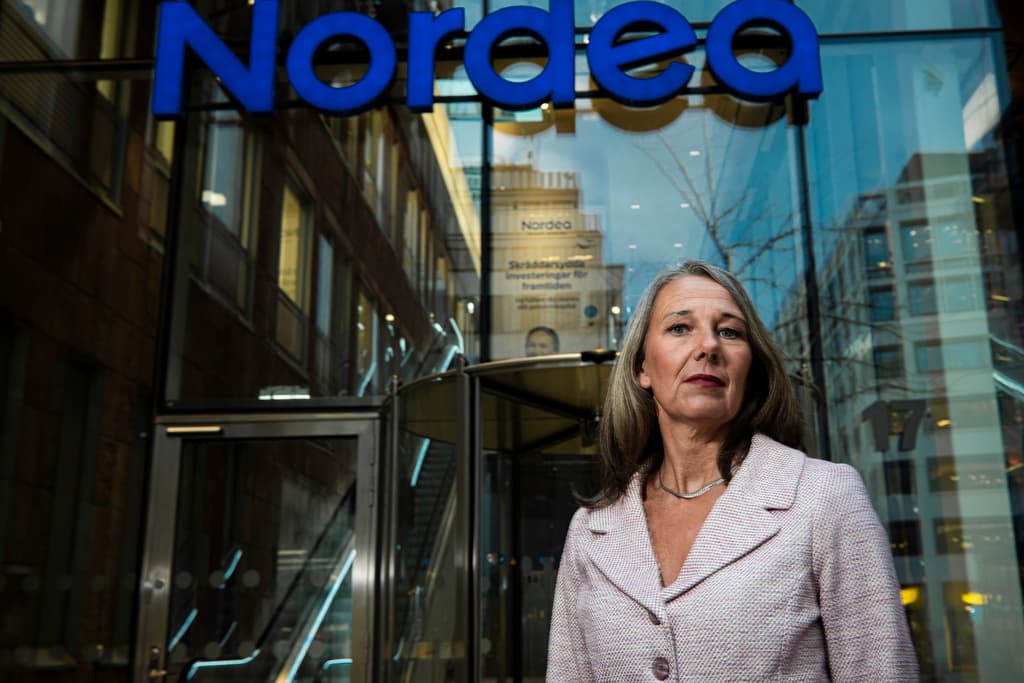Just like many other actors, Nordea sees the economic turnaround taking off. In a new economic report, the bank estimates that inflation will be 1.4 percent next year according to the KPIF measure, far below the Swedish Central Bank's target of 2 percent inflation.
Pressed mortgage borrowers can expect a repo rate of 2.0 percent by the end of 2025, according to Nordea, which believes that level will remain even in 2026.
Vulnerable situation
But the situation is vulnerable. Both indebted households and companies are dependent on interest rate cuts, and rapidly, to prevent the economic situation from deteriorating further. Nordea writes in the report that the interest rate cuts are therefore coming "in the nick of time".
The Swedish economy is weak and dependent on lower interest rates. Households, but also companies that are dependent on household consumption, are under pressure and need to reduce cost pressure, says chief economist Annika Winsth.
The major challenge is the labor market, which the bank writes is "balancing on a knife-edge".
The number of redundancies has continued to rise during the summer, and the situation is expected to deteriorate during the fall. Nordea expects unemployment to remain at 8.5 percent next year before falling back to 7.9 percent in 2026.
Demand for labor is still going in the wrong direction. When it comes to new job openings, we see no recovery yet, says Susanne Spector, head of macroeconomic analysis at Nordea.
For the labor market to turn around, she believes that interest rate cuts must take effect.
Crying out for a lot
There is reason to believe that the recovery in the labor market will be slow initially. We know that companies have been hoarding personnel, so when the economy finally turns, it will take a little while before they have a greater need to hire new staff, says Spector.
Annika Winsth also sees a risk when fiscal policy is now shifting from restrictive to more expansive.
This means that very many actors will be crying out for very much, she says and continues:
The Minister of Finance's job is to take responsibility for public finances and the Swedish economy, but also to ensure that we don't stimulate too much, so we get too sharp swings in the economy. An economy that is reasonably long-term and stable is better for both households and companies, she says.






